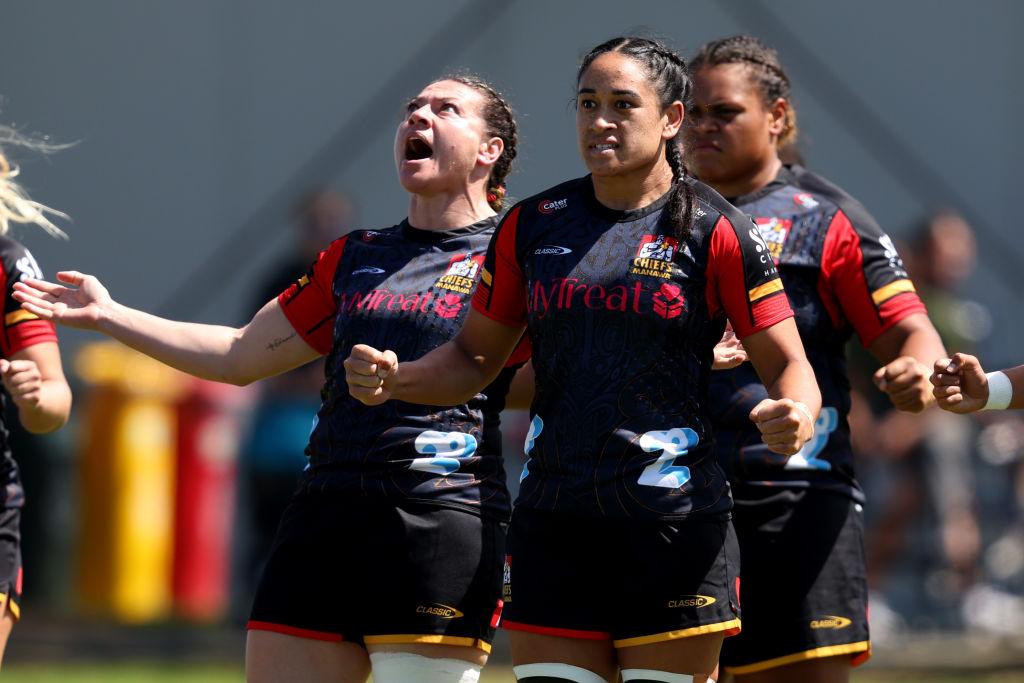There is speculation around whether the decision by two of New Zealand’s highest-profile women’s rugby players not to perform the traditional Maori challenge before a Super Rugby Aupiki game was politically motivated—but the club is staying tight-lipped regarding the reasons behind it.
The haka, known as “He Piko, He Taniwha,” was performed as usual by Chiefs Manawa players before their game with the Blues in Auckland on Saturday.





